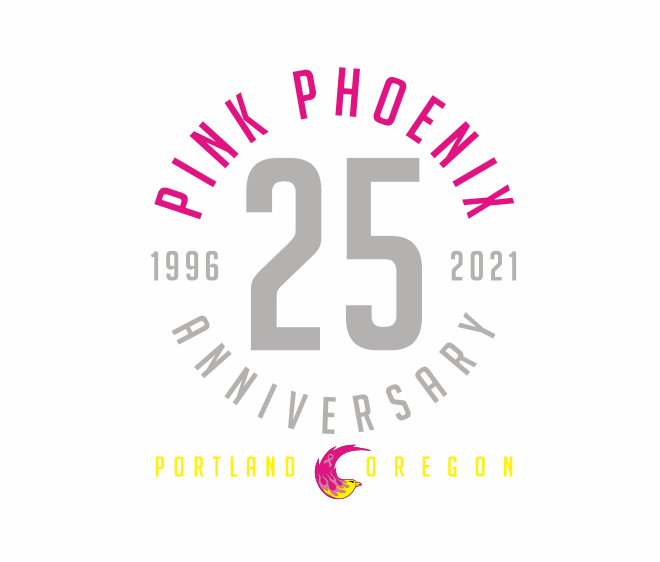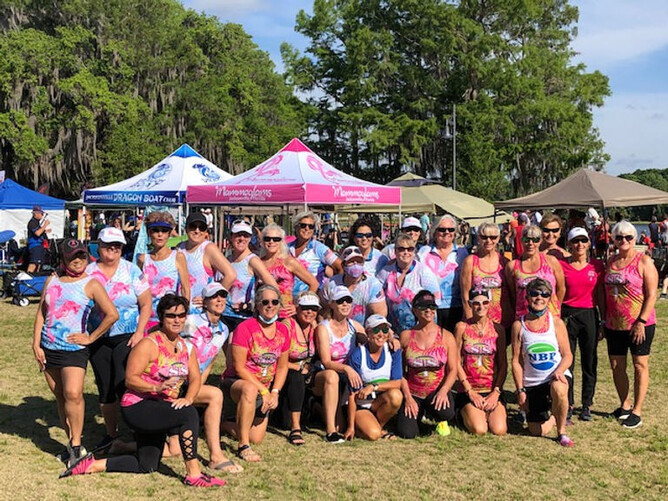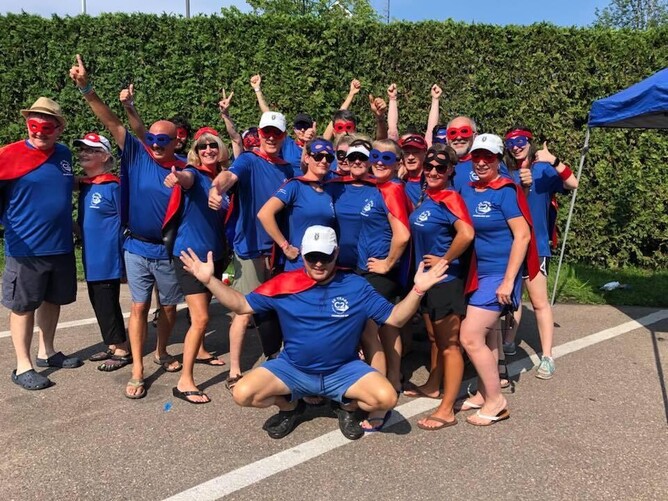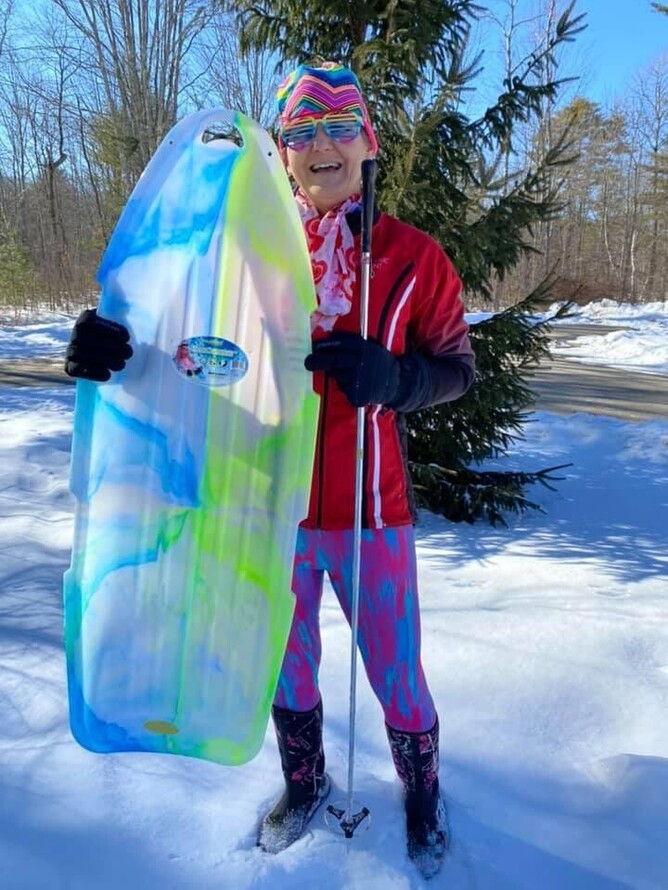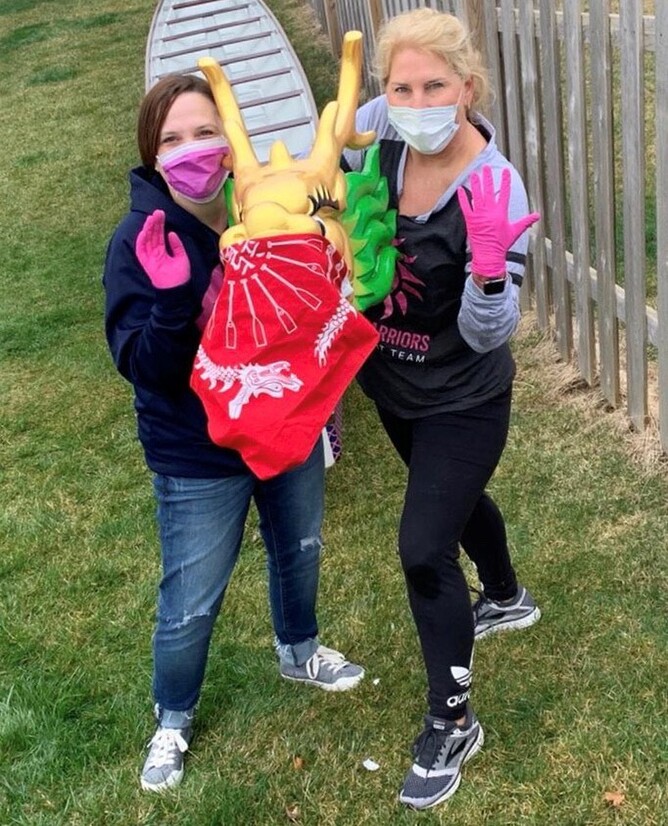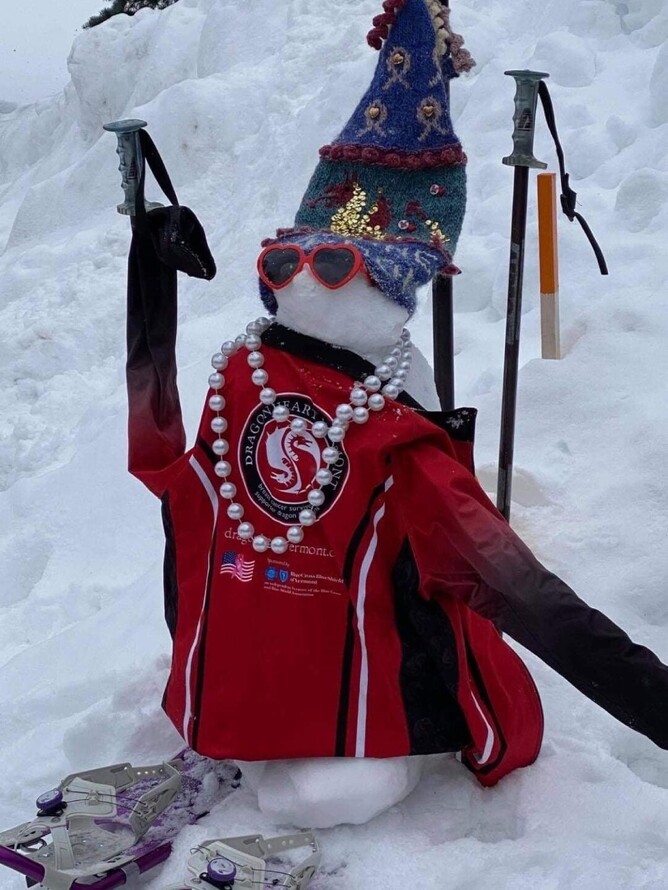Visiting Virtually with the Johns Hopkins University Dragon Boat Team
COVID-19 has shut down or severely limited dragon boating throughout the world so it came as a delightful surprise when Betty Solley, IBCPC Membership Director, received an invitation from the Johns Hopkins University Dragon Boat Outreach Coordinator, Katie Li, to talk about breast cancer paddling in the world, and in the USA. Joined by our four IBCPC USA National Representatives: Linda Dyer, Cheryl Lychwick, JoAnn Moore and Annette Johnson, as well as Tracy Sexton, radiation oncologist and recent member of the IBCPC medical advisory panel, and our IBCPC President Meri Gibson, a presentation was planned for the evening of April 3rd.
The Johns Hopkins University team reaches out to college students in the USA seeking to form a network of college student dragon boaters. Invited to attend our presentation were members of college and university crews from across the country as well as medical students and staff from Johns Hopkins University (JHU). To better understand breast cancer dragon boating, together we viewed a video montage of the 2010 Peterborough breast cancer dragon boat festival. Reminiscing about our time in Peterborough brought warm memories to those of us who had attended.
In our JHU presentation, we sought to answer the question: Why do breast cancer survivor’s dragon boat? We began with our history of the 24 brave women from Vancouver, Canada recruited by Dr. Don McKenzie, who in 1996 challenged the prevailing medical wisdom cautioning those who had been treated for breast cancer to avoid vigorous, strenuous, and repetitive upper body exercise for fear of developing or exacerbating lymphedema, a debilitating and sometimes chronic condition following breast cancer treatment. The successful outcome of Dr. McKenzie’s research led to the formation of the first breast cancer paddling team in the world – Abreast in A Boat (AIAB). AIAB today has grown to an organization of 6 breast cancer crews in Vancouver, Canada.
Annette Johnson, National Representative from the western region of the U.S. told the story of how the first breast cancer team in the USA came about. Back in the fall of 1996, Dorothy Atwood formed the first breast cancer paddling team in Portland, Oregon, to honour her friend Wendy Eberhart, a breast cancer survivor. Wendy had communicated her feeling of appreciation for the support given her by her ballet support group following diagnosis and treatment. Dorothy was already a dragon boat paddler. She passed on the idea of forming a ballet support group, and instead started the breast cancer dragon boat team which became known as Pink Phoenix – women rising from the ashes of their cancer diagnosis and regaining their lives. The team made their paddling debut in the 1997 at the Portland Rose Festival Dragon Boat Race. Fortunately, Dorothy Atwood selected dragon boating as the activity, otherwise the women of Portland might be doing pirouettes instead of power 10s!
These women will celebrate their 25th anniversary in 2022.
Recalling the 24 original breast cancer paddlers, the story of how the IBCPC was formed was recounted. Starting with the first gathering of breast cancer teams in Vancouver in 2005, breast cancer paddling was fast becoming a worldwide phenomenon. At a subsequent festival in Australia in 2007, the more than 50 teams in attendance decided an international organization was needed. In 2010 the first International Breast Cancer Paddlers Commission (IBCPC) Congress was held at the breast cancer dragon boat festival in Peterborough, Canada with over 75 breast cancer teams from across the world represented. The mission of the IBCPC is “to encourage the establishment of breast cancer teams worldwide within the framework of participation and inclusiveness”.
The IBCPC today enrols over 260 teams, representing 33 countries of the world, across 6 continents. Over 3000 breast cancer paddlers participated in the 2018 IBCPC festival in Florence, Italy and thousands more supporters and spectators lined the banks of the Arno River. We look forward to the next IBCPC festival to be held in New Zealand in the spring of 2023. 85 teams have already registered for this festival, whilst in the middle of a pandemic!
Our presentation continued with a description of dragon boat outreach experiences by JoAnn Moore, our National Representative for the southern states of the U.S. JoAnn described several types of outreaches to assist breast cancer survivors and prospective dragon boaters in learning to paddle. She conveyed the joy shown by participants following outreach activities such as hiking, dancing, dining and learning prior to getting into a dragon boat.
Of course, most all dragon boat activity ceased in the time of COVID-19 and Cheryl Lychwick; our National Representative from the Midwestern US described how the breast cancer teams across the Midwest showed some creative ways of handling the isolation of the pandemic. Cheryl’s annual newsletter to her IBCPC regional teams would include not only descriptions of team building strategies in the pandemic but also the sad news of those who had passed away this year.
Our National Representative from the Northeast, Linda Dyer revealed some unique team activities conducted by her Dragonheart Vermont crew to keep teams bonded this past year which included weekly paddling and hiking adventures. One highlights this winter was an Olympic Challenge complete with a torch relay, snowshoe run, snowman building, snowbank jump, and more. What fun it brought to the long winter’s days!
Dragonheart Vermont has also been concerned about the challenges its members might be facing because of the pandemic. They have set up a special phone chain to check in on people monthly. A special fund was set up to assist members in need to help pay select bills during these difficult times. Linda also talked about Dragonheart Vermont’s fundraising efforts through its annual charity event, the Lake Champlain Dragon Boat Festival. With the generous involvement of the people in their region, the club has raised almost $3 million over the years that supports cancer survivors in their Vermont community.
Tracy Sexton is a radiation oncologist from the Cancer Center, London, Ontario, Canada and a member of the IBCPC Medical Advisory Panel. She is also a member of the Rowbust Dragon Boat Team in London. Tracy’s remarks to the audience were clear: Exercise is important! In every phase of treating her patients, Tracy recommends exercise as an important part of recovery. Tracy’s message goes right along with our IBCPC motto: Exercise is Medicine.
At the end of our discussion, it was clear there are many reasons for breast cancer survivors to dragon boat in addition to the more obvious ones- for health, fun, to raise awareness, and to demonstrate the possibility of a normal life post diagnosis and treatment. How did the audience react? According to Katie Li, “Everyone was really grateful for your presentation, with some non-paddlers actually interested now in joining a dragon boat team.” A breast cancer dragon boat paddler present inquired about more ideas for team building and retention, and an audience member asked how to join a breast cancer team. It was a pleasure to be able to talk about our sport from the view of breast cancer paddling and to meet with young people who will now have a better understanding of why breast cancer survivor’s paddle.
IBCPC President, Meri Gibson anchored our presentation from New Zealand, thanking Katie Li for the opportunity to speak to the Johns Hopkins University dragon boat team audience. Meri communicated the growth of the IBCPC even during the pandemic, and described the work yet to be done. Dragon boat outreach to breast cancer survivors to demonstrate the camaraderie and health benefits yields positive results for both individuals and teams. Setting a challenge to the Johns Hopkins University Dragon Boat Outreach group, Meri estimated there are 24,000 students on campus which could easily result in the formation of three or four dragon boat teams. Additionally, with 31,000 staff members on the hospital campus alone, many of whom see breast cancer patients every day, another two or three teams might be possible. We hope to have planted the seeds for continued outreach within the Johns Hopkins University community and look forward to seeing the Johns Hopkins University dragon boat team at festivals on the water.
